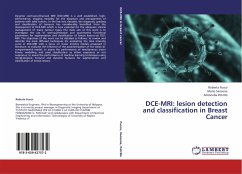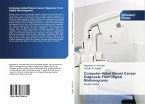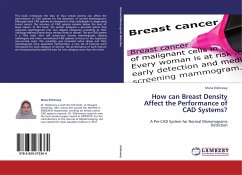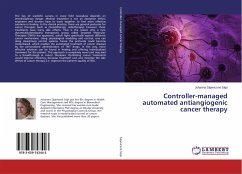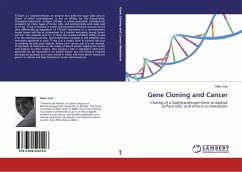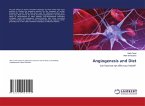Dynamic contrast-enhanced MRI (DCE-MRI) is a well established, high-performance, imaging modality for the diagnosis and management of patients with solid tumors. In the last two decades, the diagnosis, grading and classification of tumours has considerably benefited from the development of DCE-MRI which is now essential for the adequate clinical management of many tumour types. The main aim of this work is to investigate the use of semi-quantitative and quantitative functional parameters for segmentation and classification of breast lesions via DCE-MRI. The objectives of the work can be detailed as follows: to review and describe the most diffused techniques for evaluating the time intensity curve in DCE-MRI with a focus on tracer kinetics models proposed in literature; to evaluate the influence of the parametrization of the classic bi-compartmental model; to assess the performance of simultaneous tracer kinetic modelling and pixel classification as either suspicious or not suspicious; to assess the performance of machine learning techniques using morphological, textural and dynamic features for segmentation and classification of breast lesions.

